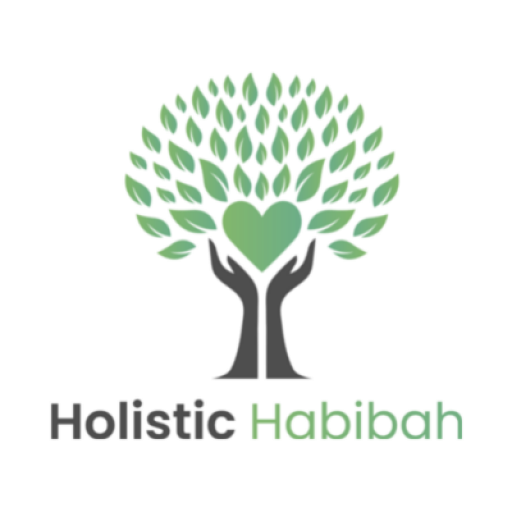ACTIVATED CHARCOAL has long been used as an antidote in history. My mom told me it was used in hospitals as a poisoning treatment. Recently it is gaining popularity and I have noticed it in body care products including toothpaste, soaps, and face masks.
So what is it?
Activated charcoal is made from coconut shells or other natural sources including bamboo. The material is heated to a char and then steamed without oxygen, this produces a fine sooty like powder.
Do not mix up activated charcoal with charcoal that can be used to burn incense, on fires and barbecues and the like, that is poisonous if ingested, so make sure you get activated charcoal for eating, you can easily find it on the high street in vegan capsule form…
What does it do?
The activated charcoal is porous with lots and lots of tiny holes, charcoal holding a negative charge attracts positive charges. Things like poisons, chemicals, toxins, plaque, and bacteria are trapped and carried away out if the body.
How to use it
- Cleaning
- Deodorising
- Detoxing
- Removing wind
- Bodycare products
Cosmetically it is used in soaps, face washes, masks, sponges, toothpaste, and deodorants.
Water filtration systems using charcoal filter out toxins, pesticides, some fluoride, mercury, solvents and other organic compounds. Put charcoal pieces in a volume of tap water to filter out some of the impurities, water bottles can be bought with charcoal filters attached.
Use charcoal mixed with bentonite clay and water to make a face mask that will cleanse the skin and leave it looking ooooo maa shaa Allaah!!
Charcoal neutralises odours, I have some old pieces of charcoal from my water filter in the bottom of my kitchen bin, its a perfect way to recycle them when finished with using them in water filtration.
It is also used in some cloth nappy liners and boosters; to keep odours away.
In the home; charcoal bags can be used to capture mould spores and cleanse the air. Use to get rid of animal/pet smells, in sweaty trainers, and under the bed in teenagers bedrooms would be ideal ha!
In the case of accidental poisoning, charcoal can be used to draw the toxins out and prevent absorption by the body.
Mixing with borax and bicarbonate soda, it can be used to clean mould and prevent mould growing back, it also traps any nasty mould spores.
Mix with bentonite clay, bicarbonate soda, coconut oil, to make a toothpaste. The charcoal and bentonite clay attracts and binds to the plaque and bacteria, while the bicarb soda gently polishes teeth leaving a clean fresh feeling and brighter appearance! Use charcoal regularly to whiten the teeth 3-4 times a week, just dip your wet toothbrush in some and brush your teeth!
Use for food poisoning, vomiting, stomach bugs, diarrhoea or trapped wind. To give to small children make a slurry by mixing the contents of a capsule (charcoal powder) into water, when the larger particles settle to the bottom pour off the top into another cup and give to drink, could also try to disguise in honey or food!
Skin infection a paste of honey and activated charcoal covered with a dressing changed 3 times a day, after 2 days the skin was better alhamdulillah.
If you will be taking charcoal orally you must also drink plenty of water to flush it out and prevent dehydration.
Available in tablets, capsules and powder form, however, some of the tablets use sugar as a binding ingredient and these should be avoided. I personally opt for vegan capsule as they are less messy, and can easily open if I need a powder form.
Activated charcoal is messy and will make a mess of your sink and stain any light fabrics that it may come in contact with.
Well, I hope that was a good informative read, there are probably lots of other uses that I have not mentioned, so if you have used charcoal for other things let me know in the comments below.

0 Comments